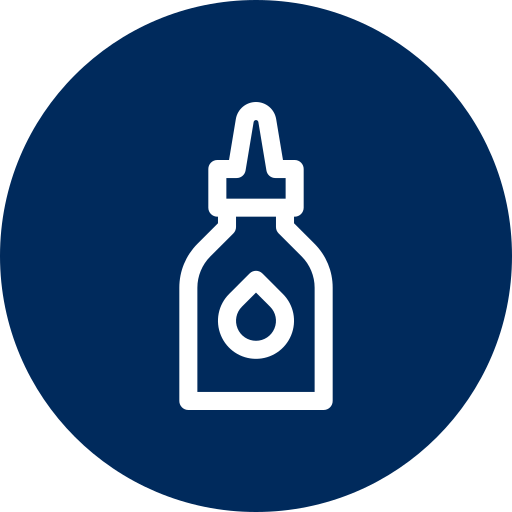Testing that Reaches the World
ASTM D1384 - Corrosion Test for Engine Coolants
Significance and Use
This test method will generally distinguish between coolants that are definitely deleterious from the corrosion standpoint and those that are suitable for further evaluation. However, the results of this test method cannot stand alone as evidence of satisfactory corrosion inhibition. The actual service value of an engine coolant formulation can be determined only by more comprehensive bench, dynamometer, and field tests.
1. Scope
1.1 This test method covers a simple beaker-type procedure for evaluating the effects of engine coolants on metal specimens under controlled laboratory conditions (see Appendix X1).
Note 1—For more information on engine coolants, see (Refs 1-8).
1.2 The values stated in SI units are to be regarded as the standard. The values given in parentheses are for information only.
1.3 This standard does not purport to address all of the safety concerns, if any, associated with its use. It is the responsibility of the user of this standard to establish appropriate safety and health practices and determine the applicability of regulatory limitations prior to use. Specific hazards statements are given in 10.1.7.2, 10.1.7.3, and 10.1.7.4.
Extracted, with permission, from ASTM D1384 - 05(2012) Standard Test Method for Corrosion Test for Engine Coolants in Glassware, copyright ASTM International, 100 Barr Harbor Drive, West Conshohocken, PA 19428. A copy of the complete standard may be purchased from ASTM International, astm.org
